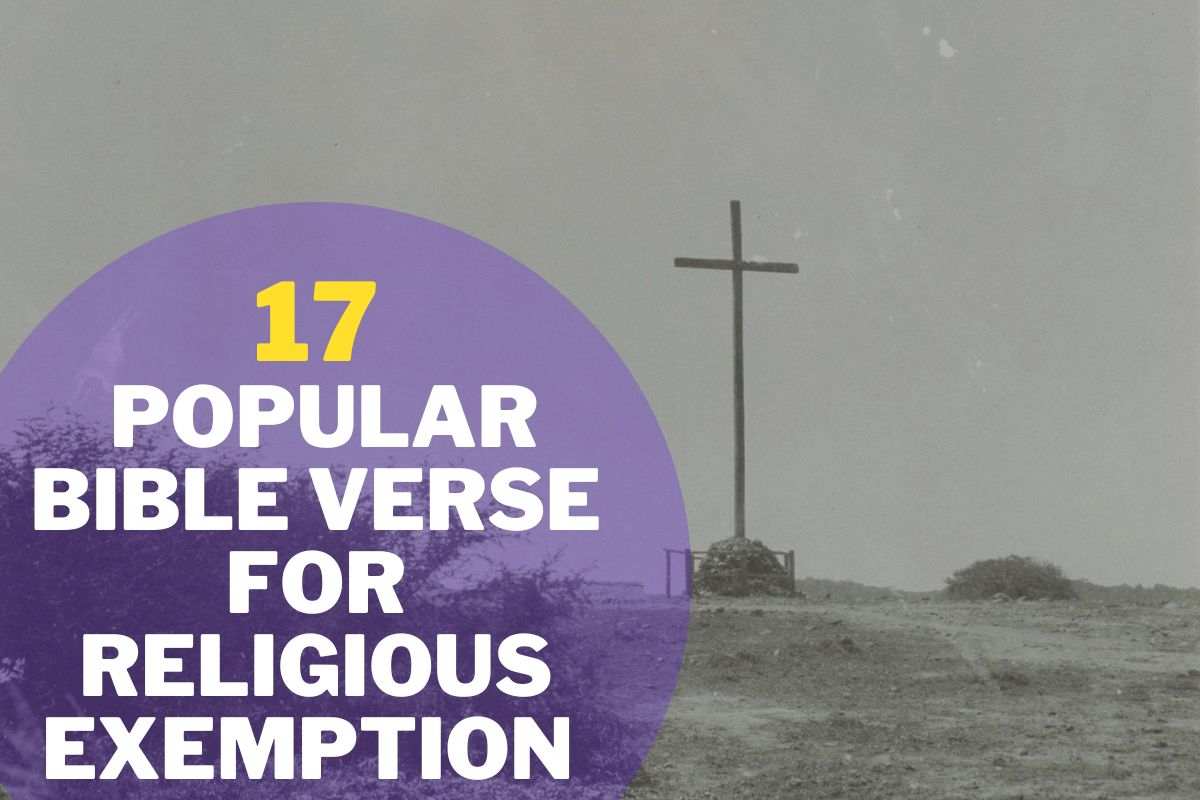A religious exemption is an exemption granted by law or policy that allows individuals or organizations to be exempt from specific legal requirements or obligations based on their religious beliefs or practices.
In the United States, religious exemptions are often invoked in employment, education, healthcare, and other areas where individuals or organizations may be required to comply with specific laws or regulations that may conflict with their religious beliefs or practices.
For example, some religious groups may object to specific medical procedures, such as vaccinations or blood transfusions, based on their religious beliefs. In some cases, laws or policies may provide religious exemptions for these procedures, allowing individuals to opt out of them based on their religious beliefs.
Similarly, some religious organizations may be exempt from certain employment or anti-discrimination laws if they show that compliance interferes with their religious practices or beliefs.
However, granting religious exemptions can be a complex and controversial issue. It can raise questions about the balance between religious freedom and other important societal values, such as public health, safety, and equality.
Bible Verse for Religious Exemption
1. Genesis 1:27
So God created mankind in his own image, in the image of God he created them; male and female he created them.

2. Romans 12:2
And do not be conformed to this world, but be transformed by the renewing of your mind, so that you may prove what the will of God is, that which is good and acceptable and perfect.
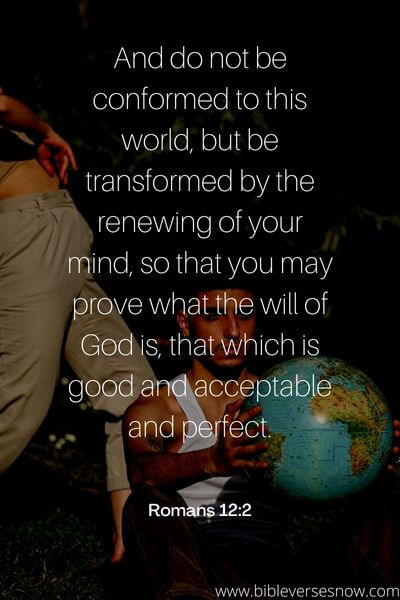
3. Galatians 5:1
For freedom Christ has set us free; stand firm therefore, and do not submit again to a yoke of slavery.

4. 1 Corinthians 1:10
I appeal to you, brothers and sisters, in the name of our Lord Jesus Christ, that all of you agree with one another in what you say and that there be no divisions among you, but that you be perfectly united in mind and thought.
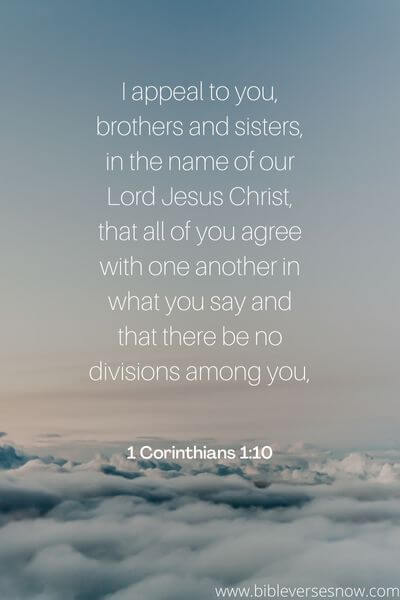
5. Romans 14:5
Let each one be fully convinced in his own mind.

6. Acts 5:29
But Peter and the apostles answered, ‘We must obey God rather than men.
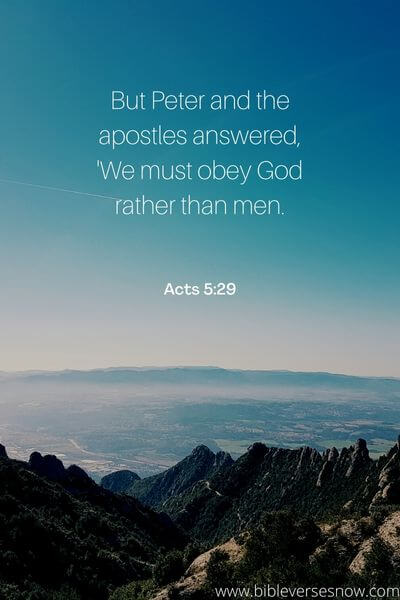
7. 2 Corinthians 5:10
For we must all appear before the judgment seat of Christ, so that each of us may receive what is due us for the things done while in the body, whether good or bad.
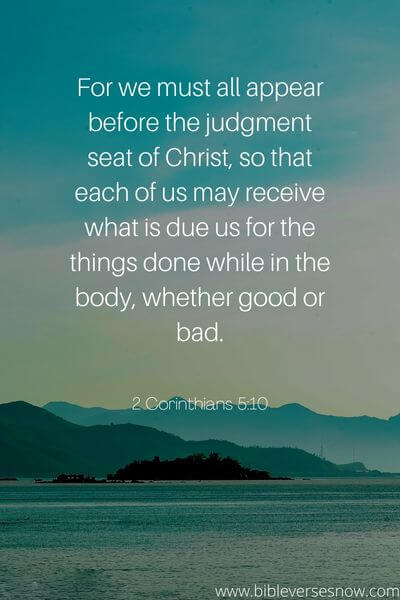
8. Romans 12:18
If it is possible, as far as it depends on you, live at peace with everyone.
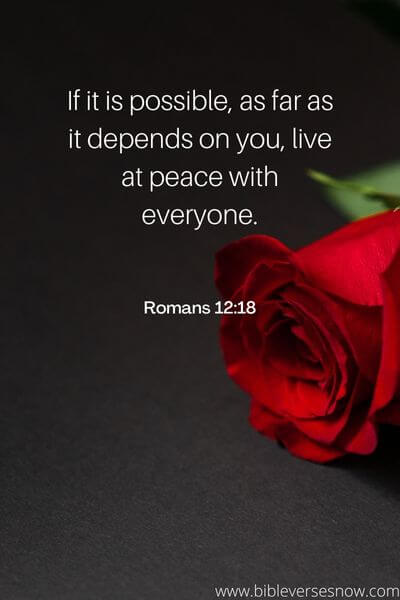
9. Romans 14:12
So then, each of us will give an account of ourselves to God.

10. 2 Timothy 1:7
For God gave us a spirit not of fear but of power and love and self-control.

Bible Verses for Religious Exemption Vaccine
11. Romans 14:1-4
Now accept the one who is weak in faith, but not for the purpose of passing judgment on his opinions.
One person has faith that he may eat all things, but he who is weak eats vegetables only.
The one who eats is not to regard with contempt the one who does not eat, and the one who does not eat is not to judge the one who eats, for God has accepted him.
Who are you to judge the servant of another? To his own master he stands or falls; and he will stand, for the Lord is able to make him stand.
11. 1 Corinthians 6:19
Don’t you realize that your body is the temple of the Holy Spirit, who lives in you and was given to you by God? You do not belong to yourself
12. 2 Corinthians 6:16
What agreement can exist between the temple of God and idols? For we are the temple of the living God. As God has said: “I will dwell with them and walk among them, and I will be their God, and they will be My people.
13. 1 Corinthians 6:3
Do you not know that we will judge angels? How much more the things of this life.
14. Romans 8:9
You, however, are controlled not by the flesh, but by the Spirit, if the Spirit of God lives in you. And if anyone does not have the Spirit of Christ, he does not belong to Christ.
15. 1 Chronicles 29:14
But who am I, and what is my people, that we should be able to offer so willingly after this sort? for all things come of thee, and of thine own have we given thee.
Bible Verses for Religious Exemption for COVID Vaccine
16. Romans 14:1-12
Accept him whose faith is weak, without passing judgment on his opinions. a For one person has faith to eat all things, while another, who is weak, eats only vegetables.
The one who eats everything must not belittle the one who does not, and the one who does not eat everything must not judge the one who does, for God has accepted him.
Who are you to judge someone else’s servant? To his own master he stands or falls. And he will stand, for the Lord is able to make him stand.
One person regards a certain day above the others, while someone else considers every day alike. Each one should be fully convinced in his own mind. He who observes a special day does so to the Lord
he who eats does so to the Lord, for he gives thanks to God; and he who abstains does so to the Lord and gives thanks to God.
For none of us lives to himself alone, and none of us dies to himself alone. If we live, we live to the Lord, and if we die, we die to the Lord. So whether we live or die, we belong to the Lord.
For this reason Christ died and returned to life, that He might be the Lord of both the dead and the living.
Why, then, do you judge your brother? Or why do you belittle your brother? For we will all stand before God’s judgment seat.
It is written As surely as I live says the Lord, every knee will bow before Me; every tongue will confess to God. So then, each of us will give an account of himself to God.
17. Romans 8:1-11
Therefore, there is no condemnation for those in Christ Jesus. a For in Christ Jesus, the law of the Spirit of life set you free from the law of sin and death.
For what the law was powerless to do in that it was weakened by the flesh, God did by sending His own Son in the likeness of sinful man, as an offering for sin. He thus condemned sin in the flesh, so that the moral standard of the law might be fulfilled in us, who do not walk according to the flesh but according to the Spirit.
Those who live according to the flesh set their minds on the things of the flesh, but those who live according to the Spirit set their minds on the things of the Spirit.
The mind of the flesh is death, but the mind of the Spirit is life and peace because the mind of the flesh is hostile to God: It does not submit to God’s law, nor can it do so. Those controlled by the flesh cannot please God.
You, however, are controlled not by the flesh but by the Spirit if the Spirit of God lives in you. And if anyone does not have the Spirit of Christ, he does not belong to Christ.
But if Christ is in you, your body is dead because of sin, yet your spirit is alive because of righteousness. And if the Spirit of Him who raised Jesus from the dead is living in you, He who raised Christ Jesus from the dead will also give life to your mortal bodies through His Spirit, who lives in you.
What Do You Write On A Religious Exemption?
If you need to write a religious exemption, following the organization’s or institution’s guidelines and requirements is essential. Typically, religious exemptions are required in situations such as vaccination requirements, workplace policies, or school curricula.
Here are some general tips for writing a religious exemption:
- Review the specific requirements of the organization or institution that requires the exemption. This will help you understand the information you must include in your request.
- Clearly explain your religious beliefs or practices that conflict with the requirement. Provide details and examples of how the requirement violates your beliefs or practices.
- Use a respectful and polite tone when writing your exemption request. Avoid derogatory or inflammatory statements about the requirement or those supporting it.
- Provide alternatives to the requirement that would accommodate your beliefs or practices. For example, suppose the requirement is for vaccination. In that case, you could request an exemption to receive an alternative form of the vaccine or request an accommodation to work from home or a different location.
- Provide supporting documentation, such as a religious leader or organization’s letter explaining your beliefs or practices, if possible.
- Religious exemption vaccination letter example
How to answer religious exemption questions
Answering religious exemption questions can be sensitive, as it involves personal beliefs and practices that may differ from those of the organization or institution that requires the exemption. Here are some tips for answering religious exemption questions:
Be honest
When answering religious exemption questions, being honest about your beliefs and practices is essential. Do not try to provide answers you think the organization or institution wants to hear; this can be seen as insincere and may harm your credibility.
Be respectful
Use a respectful and polite tone when answering religious exemption questions, even if you disagree with the requirement or those who support it. Avoid derogatory or inflammatory statements about the requirement or those supporting it.
Be specific
Provide details and examples of how the requirement conflicts with your religious beliefs or practices. Use concrete examples to illustrate your point.
Offer alternatives
If possible, provide alternatives to the requirement that would accommodate your beliefs or practices. For example, suppose the requirement is for vaccination. In that case, you could request an exemption to receive an alternative form of the vaccine or request an accommodation to work from home or a different location.
Provide supporting documentation
Provide supporting documentation, such as a religious leader or organization’s letter explaining your beliefs or practices, if possible.
Remember that the organization or institution has the right to determine whether to grant a religious exemption. Be prepared for the possibility that your request may be denied, and consider seeking legal advice if necessary.
Religious reasons for exemption
Depending on their specific beliefs and practices, one may seek an exemption from a requirement or obligation for many religious reasons. Here are some common examples:
- Belief in the sanctity of life
- Dietary restrictions
- Observance of religious holidays
- Modesty and dress codes.
- Vaccination and medical treatment
Religious exemption examples
Here are some examples of religious exemptions that may be requested:
- Vaccination exemptions: Some religious groups may object to vaccinations or certain types of vaccines based on their beliefs. They may request a religious exemption from vaccination requirements.
- Workplace accommodations: Some religious groups may require specific clothing or religious observances, which may conflict with workplace policies. They may request a religious exemption or accommodation to allow them to adhere to their religious beliefs.
- School curriculum: Some parents may object to certain aspects of the curriculum, such as sex education or evolution, based on their religious beliefs. They may request a religious exemption from these requirements or request alternative assignments.
One example of exemption as a Christian is the belief that Christians are exempt from the penalty of sin through the sacrifice of Jesus Christ on the cross. Another example is the belief that Christians are exempt from certain cultural practices or societal norms that may conflict with their faith.
However, it is essential to note that exemption as a Christian does not mean that Christians are above the law or immune from consequences for their actions. Instead, it is a belief that Christians are ultimately accountable to God and that their actions should be guided by their faith and the teachings of the Bible.

